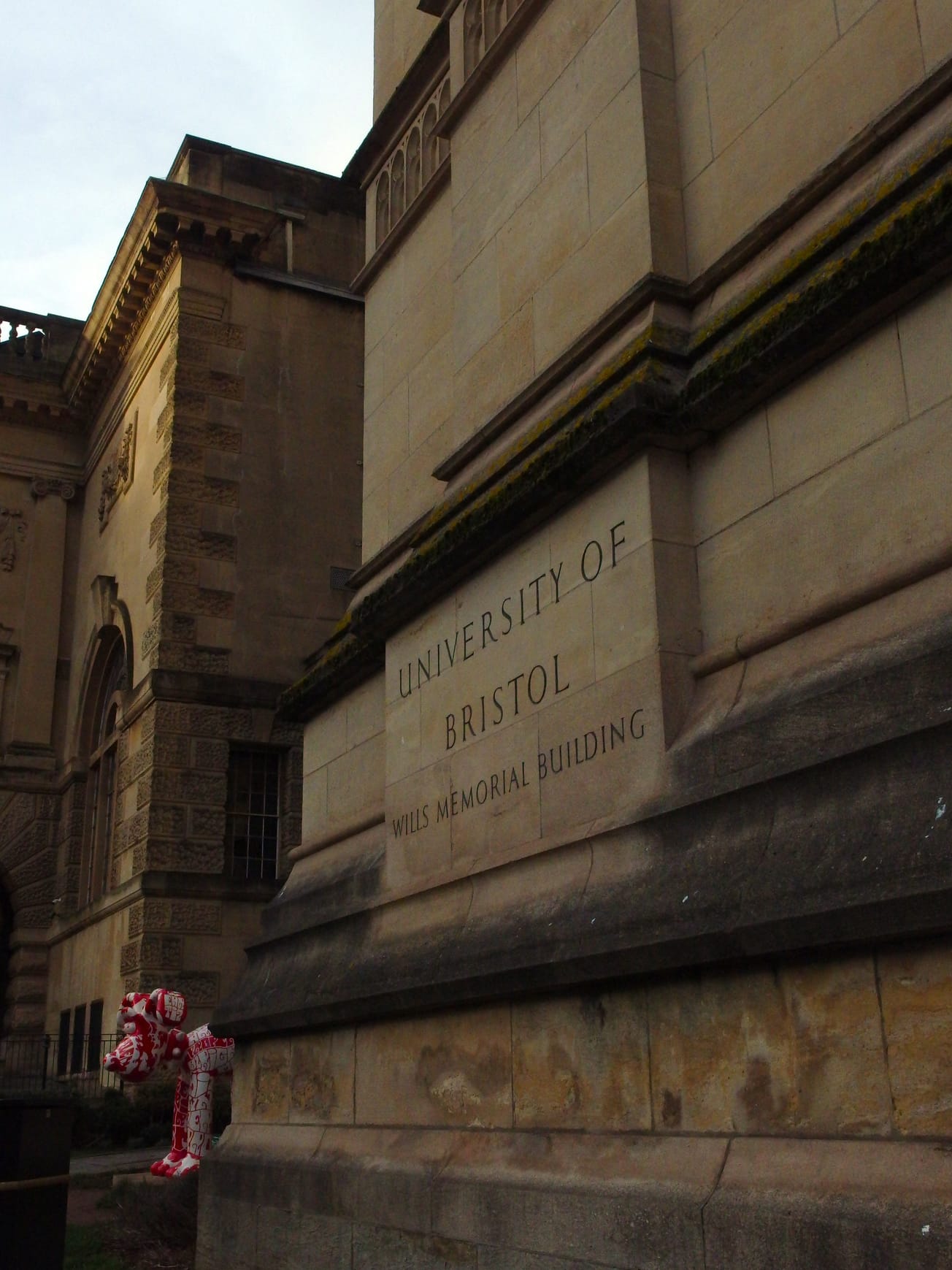By Laura Reid, University Management Correspondent
As the government announces a £2bn increase in its mental health budget, Epigram investigates initial responses amongst students and staff at University
Chancellor of the Exchequer, Philip Hammond, has announced a £2bn increase in mental health spending in the most recent budget. Mental health services in England currently receive £12bn in funding, so the 2 billion boost seems a large increase in proportion to this.
However, the Institute for Public Policy Research (IPPR) has said that the £2bn extra equalled only half of what was needed to put spending more on a par with that of physical health.
Stanford, Union Affairs Officer for Bristol SU, said that it was 'pleasing to see commitments to increased funding not only for the NHS but also £2 billion for mental health services specifically.'
Similarly to the IPPR, Stanford questioned whether this would be 'sufficient funding' due to the growing strain on mental health services.
He highlighted the fact that 'students and young people are continuing to articulate their needs around mental health and apply pressure to their educational institutions'. But also added:
'I would not in all honesty describe this as the student’s budget or the young person’s budget, but I can describe it as a step in the right direction.'
Vice Chancellor Hugh Brady has welcomed the increased £2bn in spending and also described it as 'a positive step in the right direction'.
He went on to state that:
'There has been a very real surge in mental health challenges facing young people of all ages, including students. The scale of the challenge is forcing all universities to re-evaluate every aspect of their student and staff mental health and wellbeing support and provision'.
Brady said that whilst Bristol takes 'pastoral care responsibilities very seriously' the University alone 'cannot and should not be expected to replace the NHS in provision of mental health support'.
Universities across the UK have been under pressure from both government and students to take more serious measures in the provision of mental health support services.
Before term began this year, education minister Sam Gyimah sent a letter to all Vice Chancellors, telling them that they must 'prioritise the wellbeing and mental health of students'.
In response to the Vice Chancellor’s statement, student society Support Our Services said: 'We appreciate the Vice Chancellor's acknowledgement of the need for improvement in the NHS mental health sector, particularly as it pertains to the rise of mental health challenges amongst all young people'.
However, SOS were quick to qualify that they hoped Professor Brady would not 'use this budget increase as an excuse for inaction on the part of the university'.
SOS argue that: 'no student at Bristol expects the university to 'replace the NHS in provision of mental health support', and this exaggeration is counterproductive and somewhat patronising.'
Support Our Services highlighted that, whilst the increase to spending is positive, 'there is still work to be done at Bristol, and the new budget announcement cannot and should not be used as a way of blatantly avoiding that fact.'
A third year English student, Maya Dhillon, reiterated this, saying:
'it's more approachable and easy for students to go to the University for help rather than the NHS. As a University, Bristol is responsible for its students, the NHS focuses on everyone but the Uni should be there to support its own students'.
The increase to mental health spending will begin by 2019/20. It will also be contingent on the government reaching a Brexit deal.
Featured Image: Cameron Scheijde / Epigram









